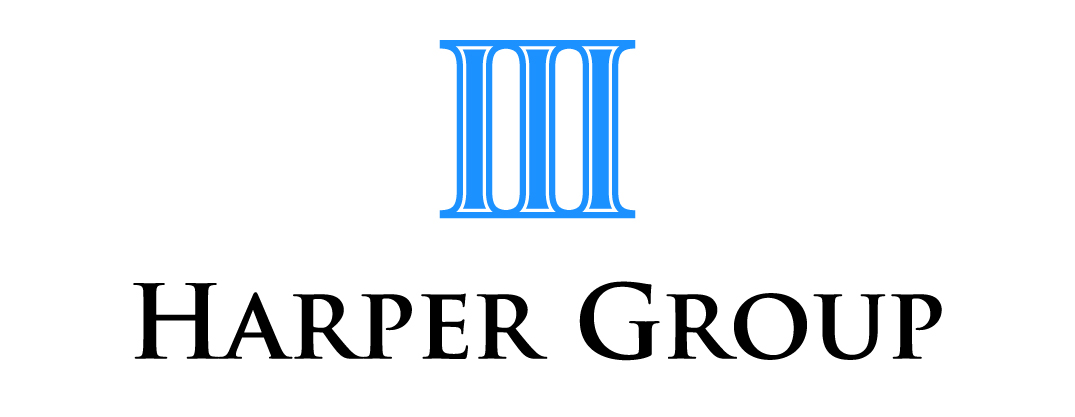When the taxman sends a bill, not a refund
While most people look forward to receiving a tax refund once their return is processed by the ATO, it is also not unheard of to receive a tax bill on occasion.
Most people who earn income as employees have tax payments made on their behalf throughout the year through pay-as-you-go (PAYG) withholding to help them meet their annual tax obligations. But this withholding of amounts can sometimes miss the mark.
You may receive a tax bill if you have not had a sufficient amount withheld from your income throughout the year to meet your tax obligations. This may occur in the following circumstances:
you move to a higher tax bracket – for example, through promotion, multiple or extra sources of income
you have incorrectly made multiple claims for the tax-free threshold
your income increases leading to a higher repayment threshold for your study or training support loan
you have a study or training support loan that is not reported to an employer on a tax file number declaration
you need to pay the Medicare levy or Medicare levy surcharge, or the amount of private health insurance rebate you receive changes
a change in income affects your single or family income threshold for relevant tax offsets or rebates
you are the recipient of Australian government allowances and payments.
Note that tax is not withheld from every single source of income. For example, the following income sources do not generally have tax amounts withheld:
a capital gains event occurs where you receive additional income through the sale of a capital asset such as real estate or shares
you receive income from a business, partnership or trust
you receive income from property investments (including the sharing economy), dividends on shares, interest or returns on any other investment
you earn income as a sole trader.
If tax is not withheld when you receive payments from income earned as a sole trader or from investments, you can voluntarily enter into PAYG instalments. This is a way of prepaying tax and reduces the chances of having to pay a large amount at the end of the income year.
It is also possible to make tax prepayments any time and as often as you like to make it easier for you to manage your tax. The ATO will hold the prepaid amounts you make towards your expected bill unless a refund is requested.
Harper Group Pty Ltd – Chartered Accountants Frankston - Ph 9770 1547
Disclaimer: All information provided in this article is of a general nature only and is not personal financial or investment advice. Also, changes in legislation may occur frequently. We recommend that our formal advice be obtained before acting on the basis of this information.
Please note we at Harper Group Pty Ltd are not licensed to provide financial product advice under the Corporations Act 2001 (Cth) and taxation is only one of the matters that must be considered when making a decision on a financial product, including on whether to make superannuation contributions. You should consider taking advice from the holder of an Australian financial services licence before making a decision on a financial product.
